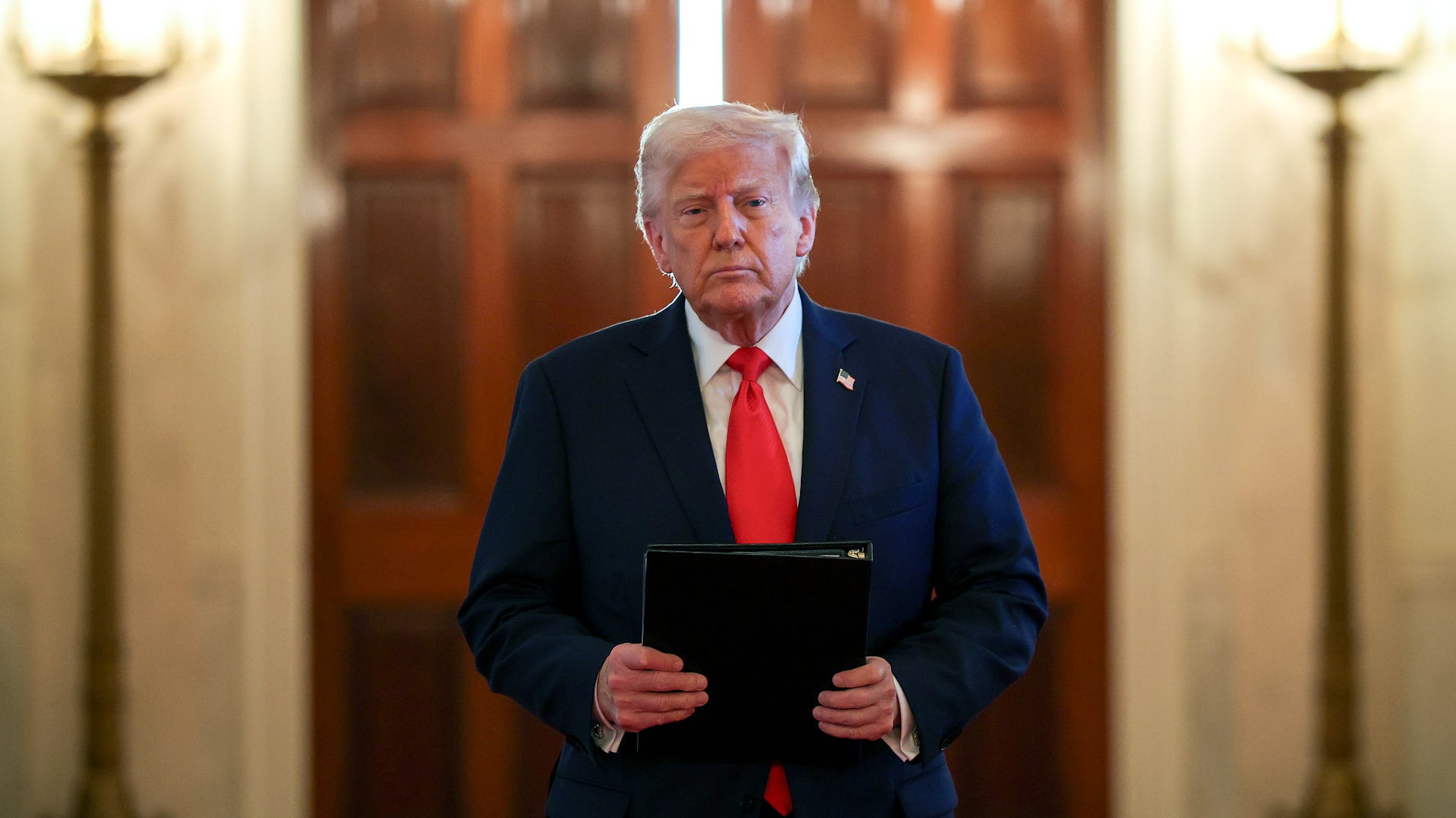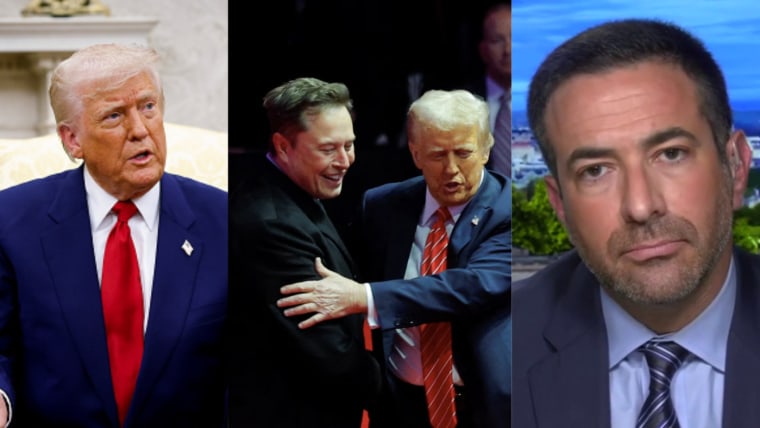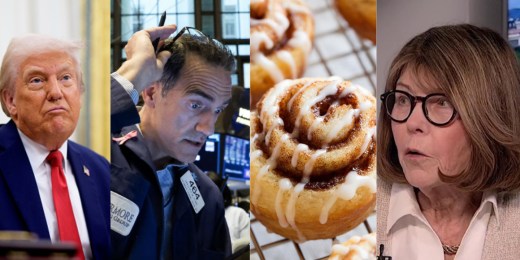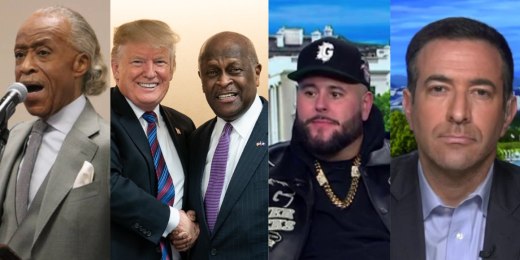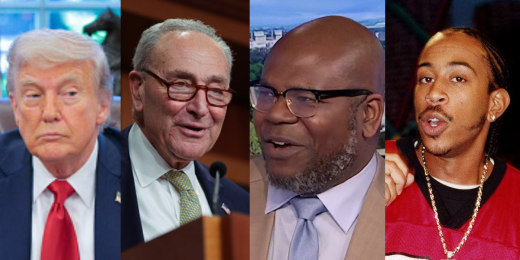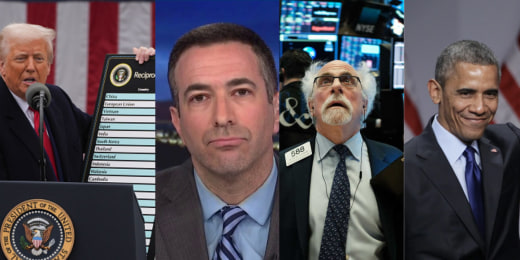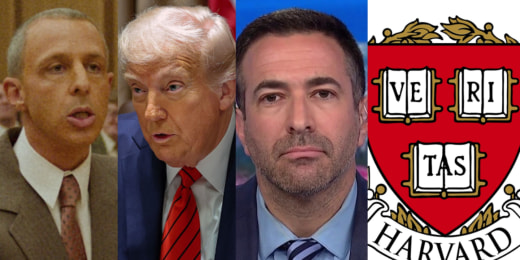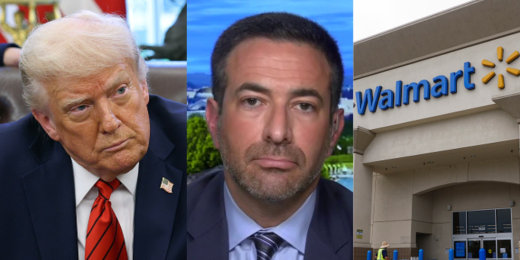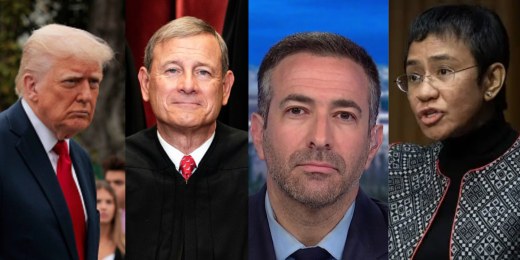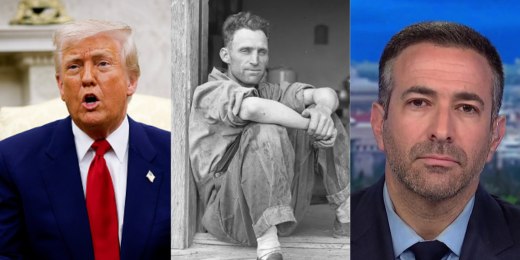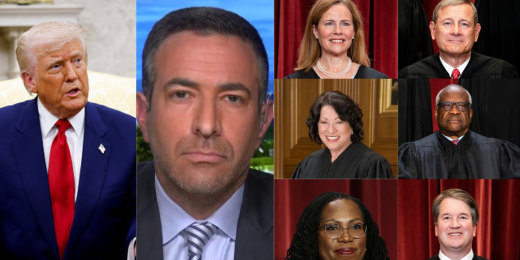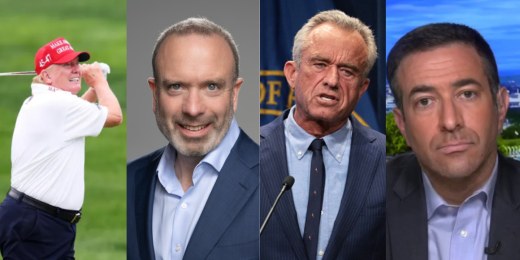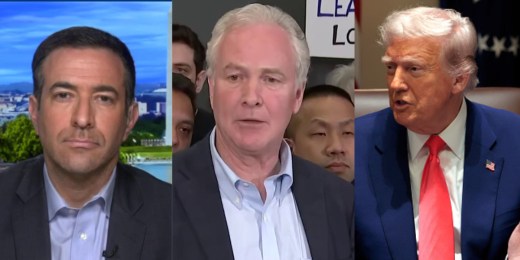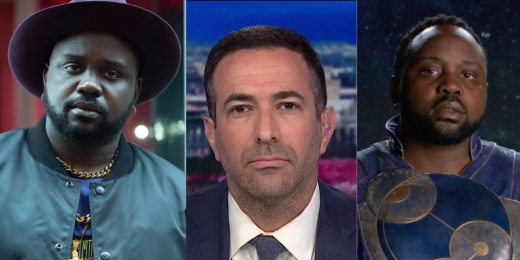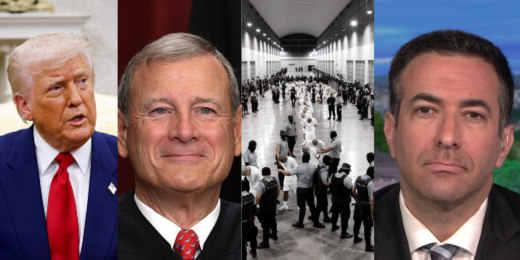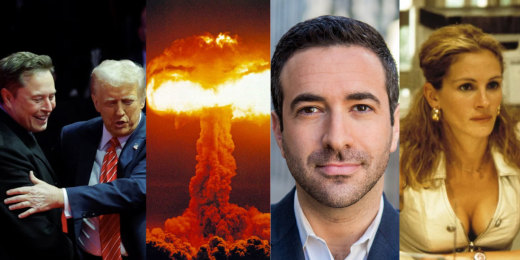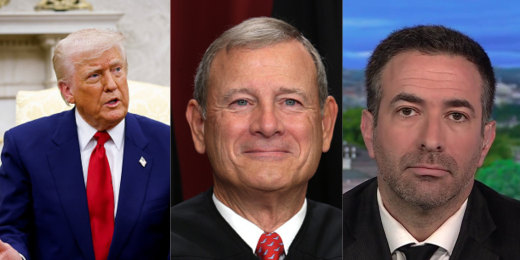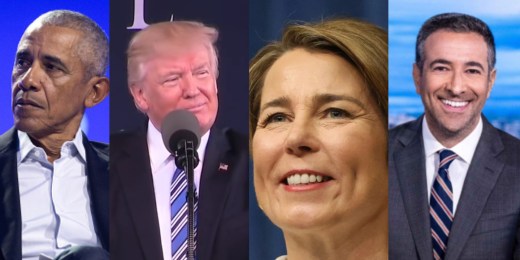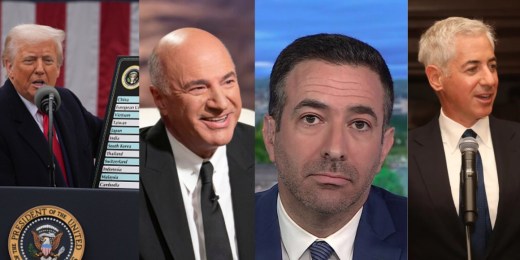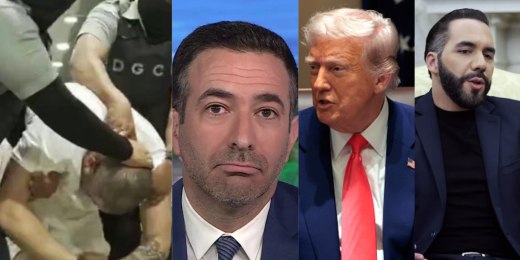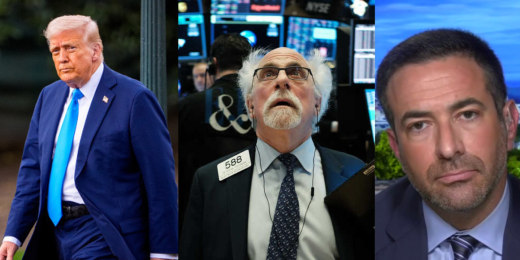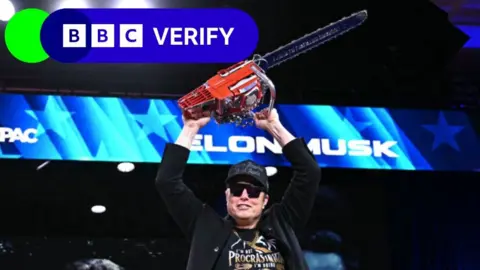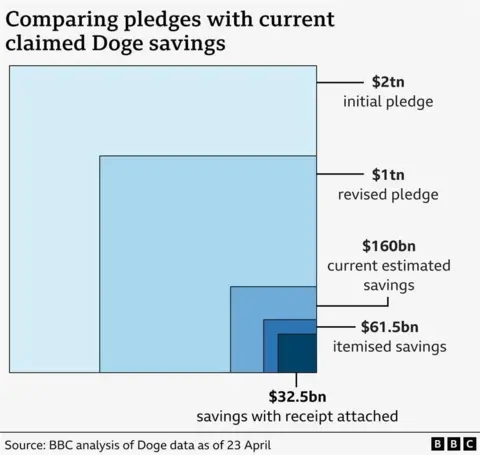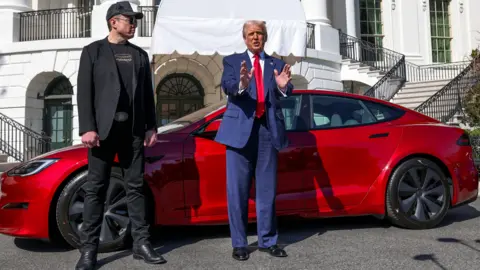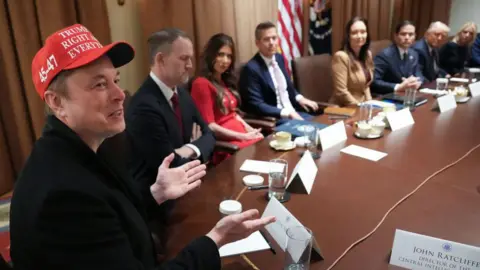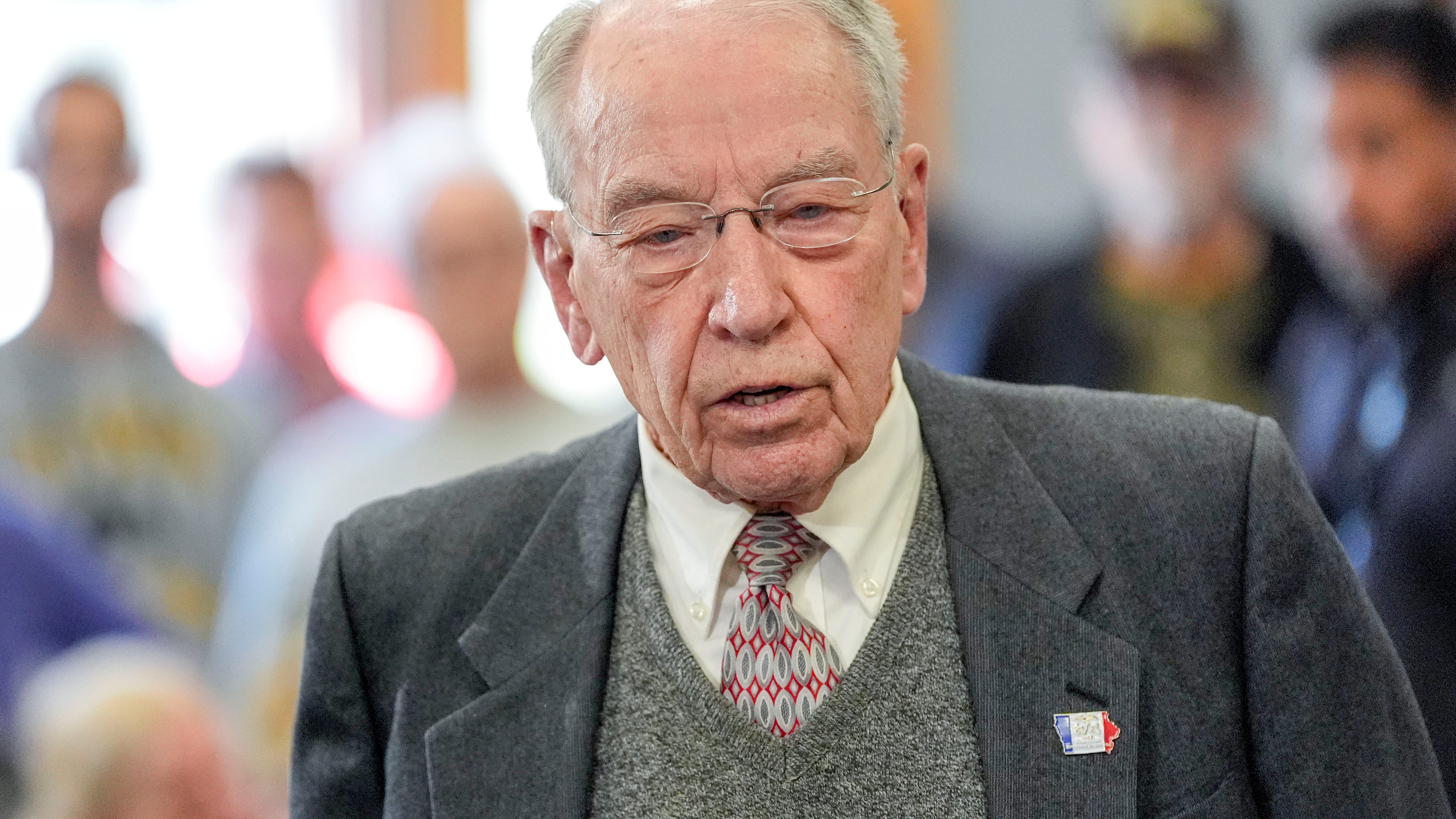Elon Musk’s so-called Department of Government Efficiency (DOGE) has been spearheading a multi-million dollar communications project at the Federal Aviation Administration, the agency that regulates the nation’s air travel, and employees roped into it have been forced to sign non-disclosure agreements, sources with knowledge of the situation say.
The situation fits into some broader patterns: Musk and DOGE have expressed significant influence over what happens at the FAA, which regulates Musk’s space company SpaceX. And as GovExec reported Thursday, Donald Trump’s administration has required employees involved with the Veterans Affairs Department’s plans to fire tens of thousands of workers to sign NDAs.
The world’s richest man and DOGE have overseen mass firings and purges across the government, including at the FAA. At the same time, Musk has offered SpaceX’s services to the agency, providing thousands of terminals from its satellite internet business, Starlink. Two months ago, The Washington Post reported that Starlink was jockeying to replace Verizon on a $2.4 billion contract with the FAA to upgrade its systems for managing America’s airspace. Rolling Stone reported last month that FAA officials had recently ordered staffers to find tens of millions of dollars for a Starlink deal.
A watchdog group, the Campaign Legal Center, last month requested that the Department of Transportation’s inspector general investigate whether Starlink’s business transactions with the FAA violate conflict of interest rules, given Musk’s role with the administration.
“The public has a right to know that their tax dollars are being spent in the public’s best interest and not to benefit a government employee’s companies. That is why Musk, while he remains a special government employee … is required to comply with the criminal conflict of interest law,” Delaney Marsco, the Campaign Legal Center’s ethics director, tells Rolling Stone. “He cannot legally participate in contracts or similar matters that affect his financial interests in Starlink or SpaceX. To the extent Musk is directing subordinates or working on [a] project himself, any attempt by him to get government business for his companies raises serious ethics concerns.”
Starlink has denied wanting to replace Verizon on the $2.4 billion contract. But recently, DOGE staffers who now work at the FAA have been directing FAA funds to a new initiative called “Project Lift,” and employees involved have been made to sign NDAs to keep the details under wraps, according to three sources familiar with the situation. (All sources for this story were granted anonymity due to their fears of retaliation and so they could speak candidly about sensitive matters.)
Project Lift is meant to upgrade the FAA’s network communications to more modern technologies, and touches on some of the same work as the Verizon project, according to one source as well as an FAA worker. The source clarifies the project is about air traffic communications. (They both say the name “Project Lift” was forced on the agency by DOGE.)
After Rolling Stone reported that FAA staffers were told to hunt for money for a Starlink deal, the source says, “They switched tactics — limited the pool of people who know about it and made them sign NDAs.” The source adds that “DOGE staffers who are now FAA employees are calling the shots.”
An FAA spokesperson denies this timeline, but confirmed the existence of Project Lift and the basic thrust of how sources described it to Rolling Stone. “The federal employees running Project Lift are exploring a variety of solutions to modernize the FAA’s telecommunications network,” the spokesperson says. “Current contractors are part of the discussion.”
The FAA did push back on the idea that DOGE is driving Project Lift. “DOGE is not spearheading anything at the FAA, nor are there any DOGE employees at FAA,” the agency spokesperson says. “Project Lift was conceived and is managed by federal employees.”
Speaking about the NDAs, the FAA spokesperson says: “Employees routinely sign non-disclosure agreements to avoid conflicts of interest.”
It’s not clear what company or companies are benefiting from the project, which has not been publicly announced. “Only a few [staffers] know the exact details due to the NDAs,” the source says, adding that people “just know DOGE is involved and anything with this project is the highest priority.”
“The billion-dollar question is: Who is getting the funding to consolidate these programs, why the secrecy, and why is DOGE all over it?” they say.
“Hedging your bets,” says the FAA worker, “Project Lift could be an opportunity for Starlink to add itself to the portfolio of network communications for the FAA.” They say there’s no guarantee that’s going to happen — at least “as of now.”
The FAA worker offers another potential reason for DOGE’s involvement in the project, and its “accelerated” timeline: Amid a series of troubling air safety incidents and accidents — and public outcry about DOGE’s chaotic cuts — the DOGE team wants a win that they can sell people.
Two other people with knowledge of the matter say that though details remain murky, it is widely assumed internally that this project could be a perfect vehicle for embedding Musk’s Starlink within the FAA’s operations — should the administration decide to shove more money into the Trump adviser’s business empire.
Responding to the idea that Project Lift could be an opportunity for Starlink, the FAA spokesperson says: “To update our telecommunications system, it will require multiple companies and multiple technologies — this is not a one-technology solution. That is why we are testing not only satellites, but also fiber and wireless to ensure the safety of the national airspace system.”
Some FAA personnel have been implicitly threatened with having their lives ruined by potential criminal charges from the Trump Justice Department if they blab about Project Lift, according to a person familiar with the situation. Recently, when one FAA staffer was warned about leaking by a Musk-aligned superior, the staffer found the threat of prosecution laughable, given that none of the information they were aware of sounded classified, the person familiar with the situation adds.
Responding to the claims that FAA staffers have been threatened with criminal charges if they share details about Project Lift, the spokesperson only says, “As with any non-disclosure agreement across the federal government, employees must follow the rules of the agreement to ensure there is no conflict of interest.”
The level of secrecy from Musk and Trump allies about Project Lift has raised alarm within the FAA, which the second Trump administration hasn’t spared from its three-month campaign of fear, purging, loyalty pledges, and brazen corruption and abuses.
Musk, who spent $290 million to elect Trump and Republicans last year before being selected to lead DOGE, has been serving as a temporary “special government employee,” rather than disclose his vast financial holdings and suffer through a confirmation process. He is expected to formally depart the administration soon, though he said Tuesday he expects to continue working with DOGE in some capacity for the rest of Trump’s term.
Indeed, few senior administration officials and others close to Trump who spoke to Rolling Stone expect Musk to stop his meddling.
“It makes no difference, to me anyways, if Elon backs off or steps away or whatever soon,” says one of the sources with knowledge of Project Lift. “His guys are here [at the FAA] and staying, and they’ve been giving orders on this stuff.”
